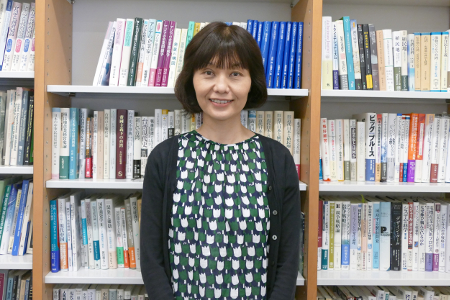
Full Text
簡体字 / 正體字 / English摘要:
在2000年代以后,台湾经济对中依赖快速加深,迫使台湾选民要面对“繁荣与自立之间进退维谷”的局面,即台湾如果想维持对中国的自主性,就不得不牺牲繁荣的二选一局面。然而,在2020年1月11日举行的台湾总统大选中,民进党候选人蔡英文和赖清德这对组合以压倒性的优势击败了国民党候选人韩国瑜和张善政组合。本文是以这次选举结果为出发点,探讨“繁荣还是自立” 的二选一局面的结构性变化。本文指出,2016年习近平政权提出的“一代一线”的拉拢政策,是即使在政府间关系低迷的情况下——应该说正因为低迷,所以更要向关心中国市场和就业就学机会的台湾企业和个人提供优惠且吸引他们的政策。这种策略使利益提供模式个人化,也允许了每个选民可以从中国获得想得到的经济利益,同时在台湾的投票行动上选择“自立”选项,结果可能导致各个选民所面临的“繁荣还是自立”的二选一局面产生结构性变化。此外,在实体经济方面,2010年代以来中国人力成本上涨,以及2018年以来中美贸易战和回台投资的趨勢,导致在经济方面的对中依赖过了“高峰”,中国迫使台湾面对选择“繁荣还是自立”的局面也开始崩解,“繁荣”和“自立”之间的联系开始脱节。
摘要:
在2000年代以後,台灣經濟對中依賴快速加深,迫使台灣選民要面對「繁榮與自立之間進退維谷」的局面,即台灣如果想維持對中國的自主性,就不得不犧牲繁榮的二選一局面。然而,在2020年1月11日舉行的台灣總統大選中,民進黨候選人蔡英文和賴清德這對組合以壓倒性的優勢擊敗了國民黨候選人韓國瑜和張善政組合。本文是以這次選舉結果爲出發點,探討「繁榮還是自立」的二選一局面的結構性變化。本文指出,2016年習近平政權提出的「一代一線」的拉攏政策,是即使在政府間關係低迷的情况下——應該說正因爲低迷,所以更要向關心中國市場和就業就學機會的台灣企業和個人提供優惠且吸引他們的政策。這種策略使利益提供模式個人化,也允許了每個選民可以從中國獲得想得到的經濟利益,同時在台灣的投票行動上選擇「自立」選項,結果可能導致各個選民所面臨的「繁榮還是自立」的二選一局面產生結構性變化。此外,在實體經濟方面,2010年代以來中國人力成本上漲,以及2018年以來中美貿易戰和回台投資的趨勢,導致在經濟方面的對中依賴過了「高峰」,中國迫使台灣面對選擇「繁榮還是自立」的局面也開始崩解,「繁榮」和「自立」之間的聯繫開始脫節。
Abstract:
Since the early 2000s, growing economic integration across the Taiwan Strait and increasing efforts by Chinese Communist Party to leverage these bonds to win the hearts of the Taiwanese people have posed a dilemma for Taiwanese citizens who are called to choose between economic prosperity and political autonomy. The victory of Ma Ying-jeou, of the Chinese Nationalist Party, in the 2008 and 2012 presidential elections was understood to be the citizens’ choice for economic interests over political independence, while Tsai Ing-wen’s victories in 2016 and 2020 were interpreted as a reflection of voters’ growing pursuit for political autonomy. This paper revisits this argument and questions its premise. By examining socio-economic development prior to the 2020 presidential election and its results, the paper argues that the structural changes in the economic relationship between China and Taiwan since the mid-2010s, along with the recent strategies of the PRC to offer business opportunities and economic incentives to Taiwanese firms and individuals, have led to changing perceptions of Taiwanese voters concerning the dilemma of choosing between economic prosperity and political autonomy by decoupling the conjunction of the two goals for Taiwanese voters and, in the process, giving them greater freedom in their political choices.